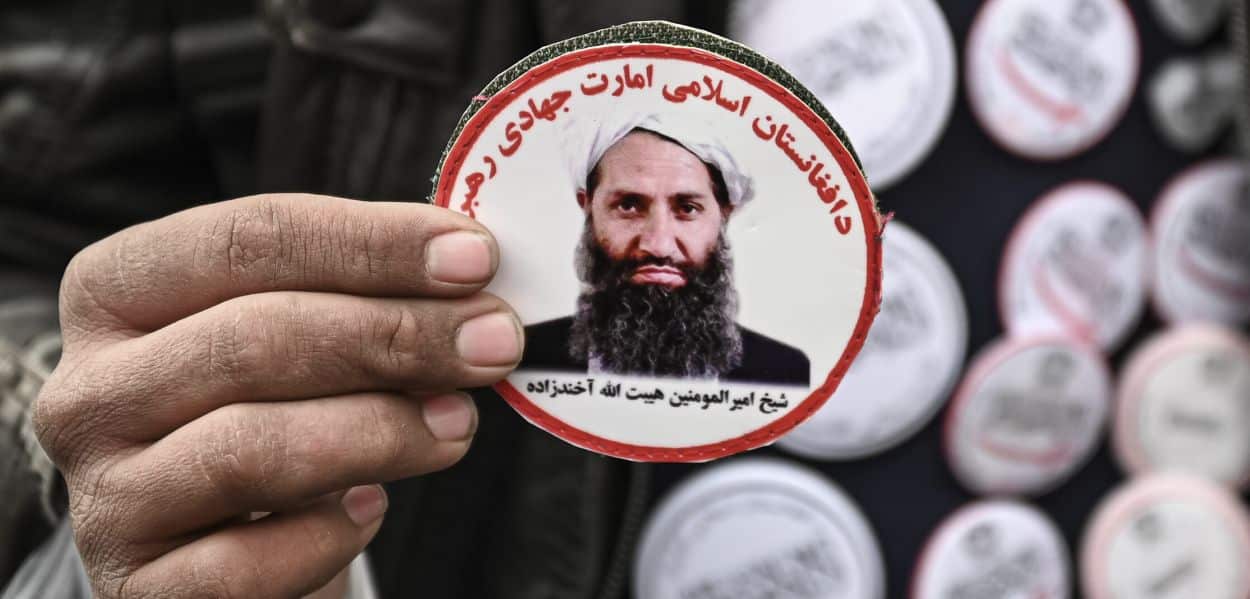On July 8, 2025, the International Criminal Court (ICC) issued arrest warrants for Taliban leaders, including Supreme Leader Haibatullah Akhundzada, for crimes against humanity involving gender persecution in Afghanistan.
ICC judges found “reasonable grounds” to suspect Akhundzada and Chief Justice Abdul Hakim Haqqani of perpetrating gender-based persecution since August 2021, per Reuters. The court cited severe restrictions on women’s rights to education, employment, and movement, labelling them “gender apartheid,” per Al Jazeera. The warrants, targeting crimes up to January 20, 2025, also address persecution of LGBTQ individuals.
Since seizing power in August 2021, the Taliban has banned girls from attending secondary schools and women from attending universities, making Afghanistan the only country with such restrictions. Women face bans from public spaces, employment, and even singing, according to a 2024 vice and virtue law. These policies have impacted 20 million Afghans and displaced 90% of women from public life. Chief Prosecutor Karim Khan has described this persecution as “unconscionable.”
The International Criminal Court (ICC) does not have its police force and, therefore, depends on its 123 member states to enforce warrants, which have had varying degrees of success. Critics, including women’s groups from Afghanistan, praised this move, while the Taliban outright rejected it. These warrants, which follow Khan’s request made in January, indicate that more warrants are likely to be issued in the future, according to Reuters.
The ICC warrants, which affect Afghanistan’s 40 million citizens, emphasise global efforts to combat gender persecution within a $2 trillion human rights advocacy framework, according to UN data. Amid events such as U.S.-Israel talks, these warrants highlight the struggle for women’s rights and play a significant role in shaping international legal and humanitarian narratives.






